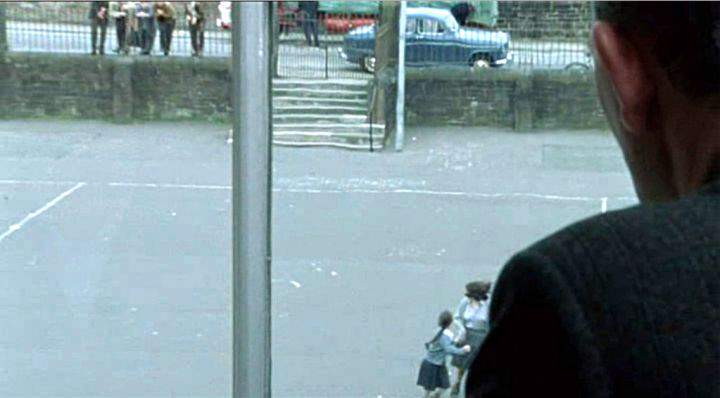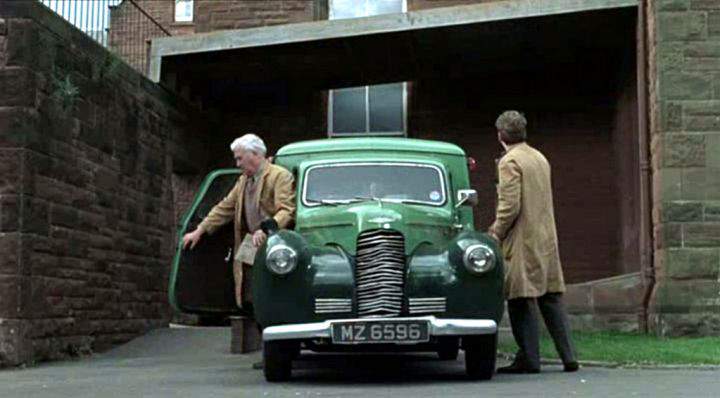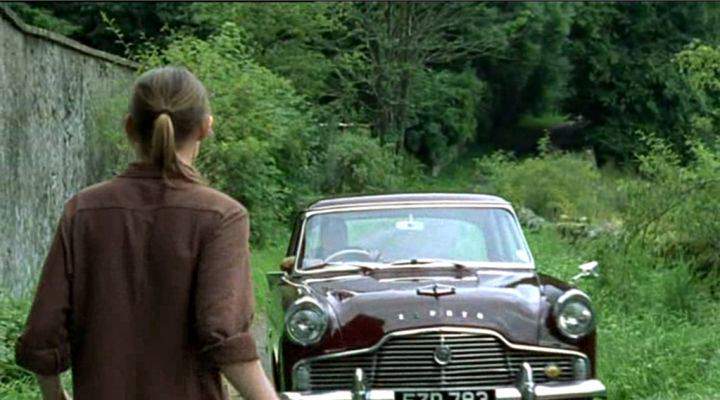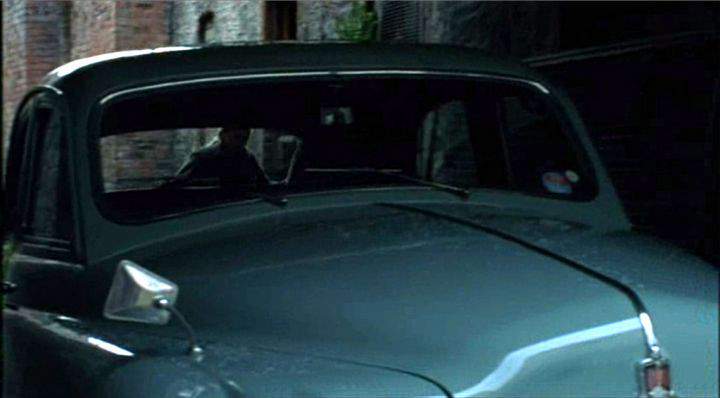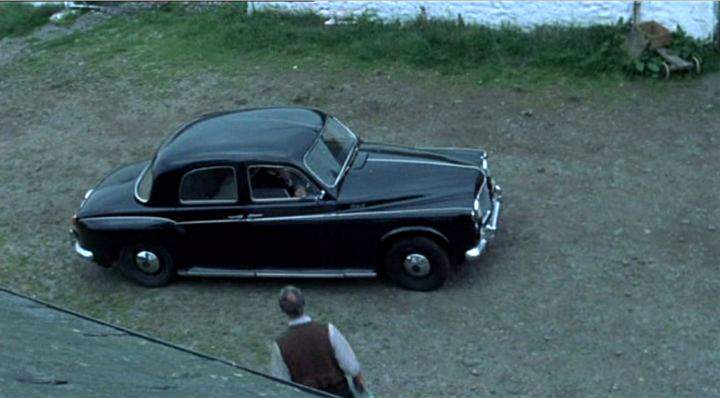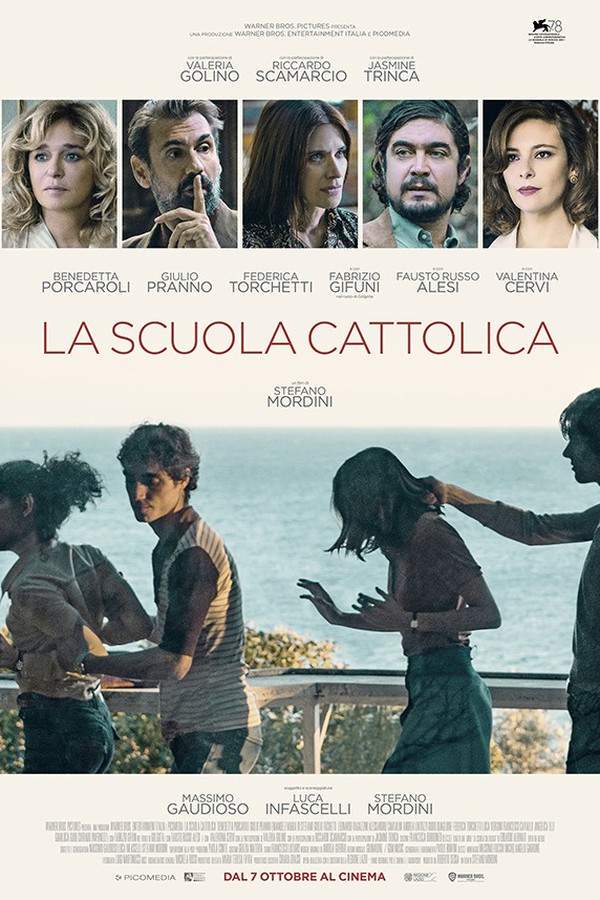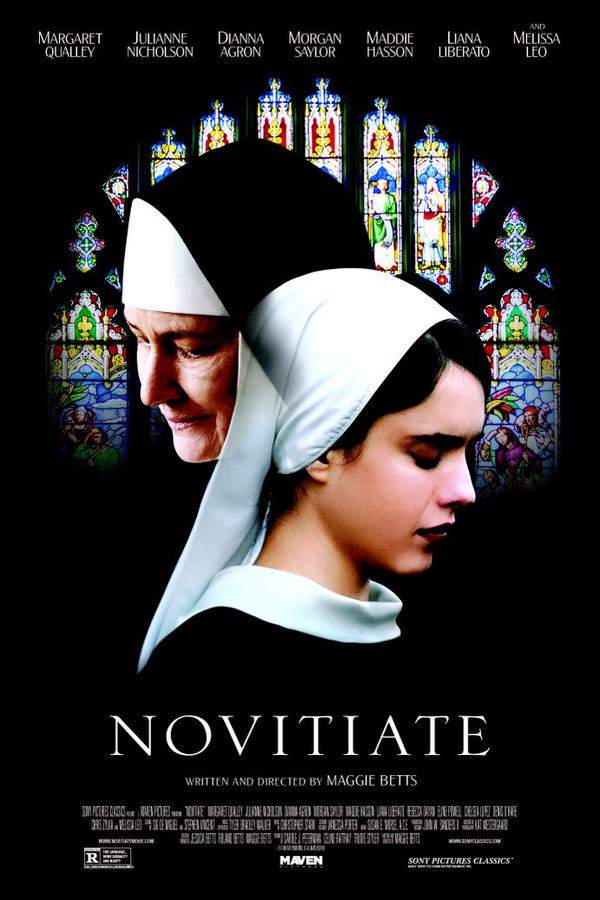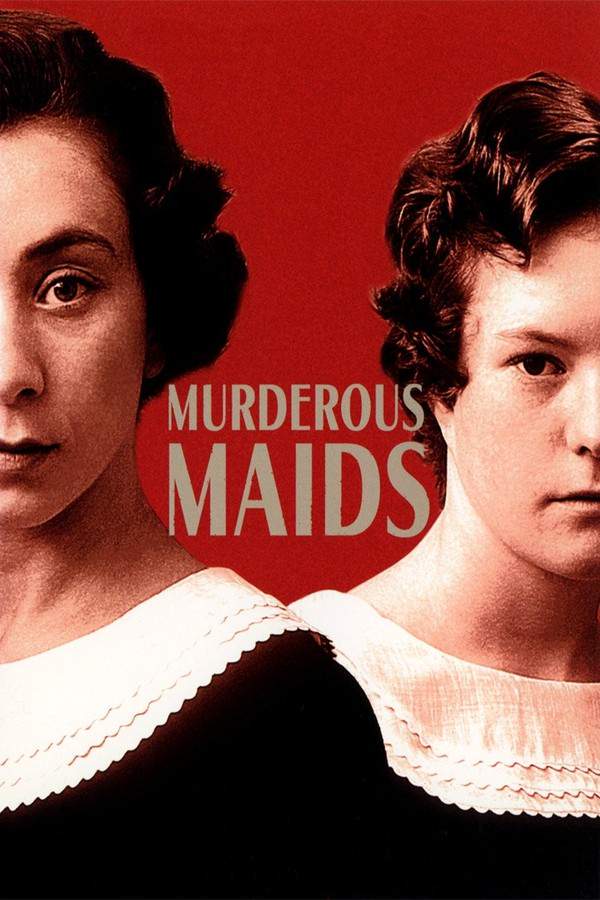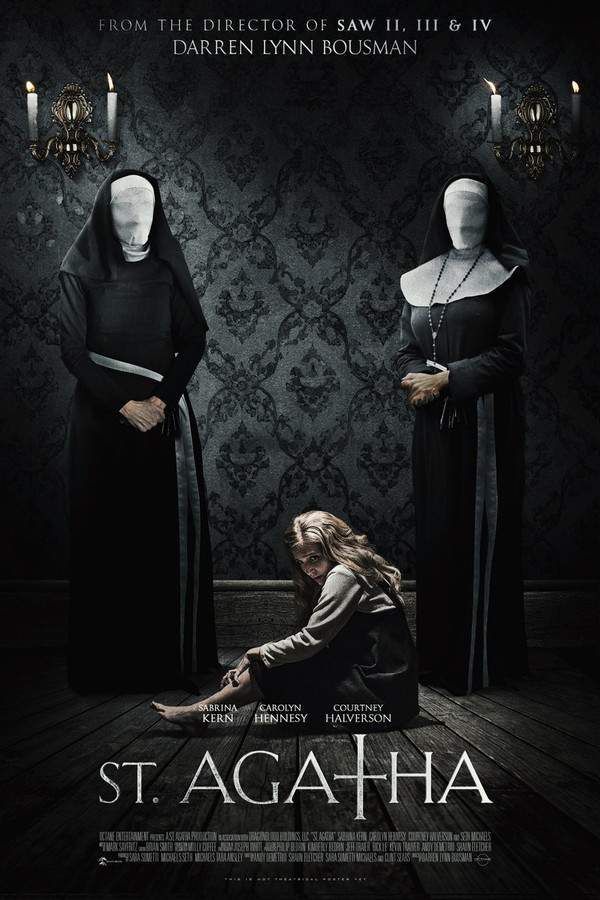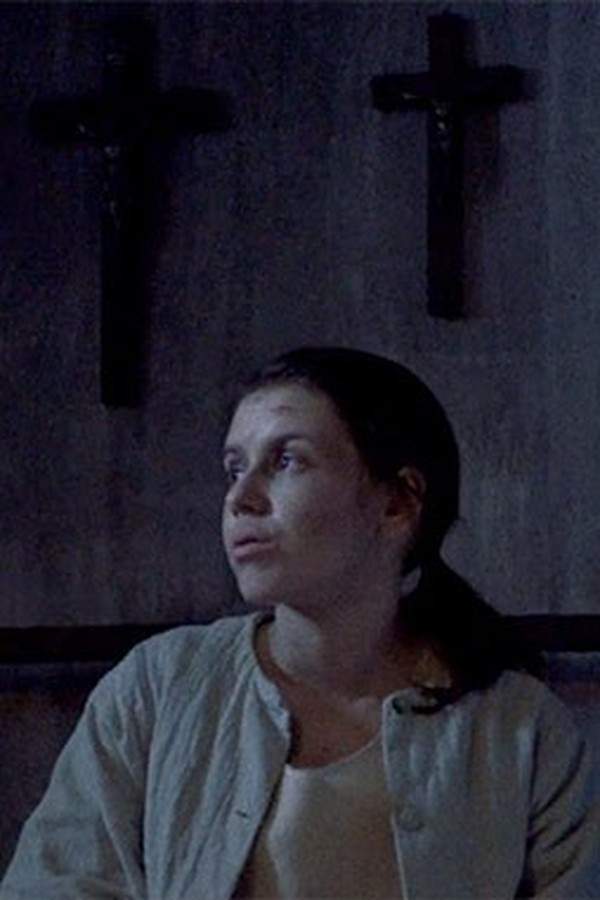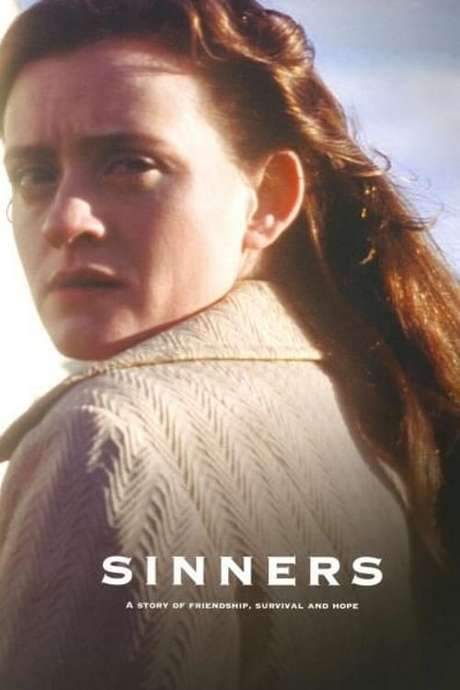The Magdalene Sisters 2003
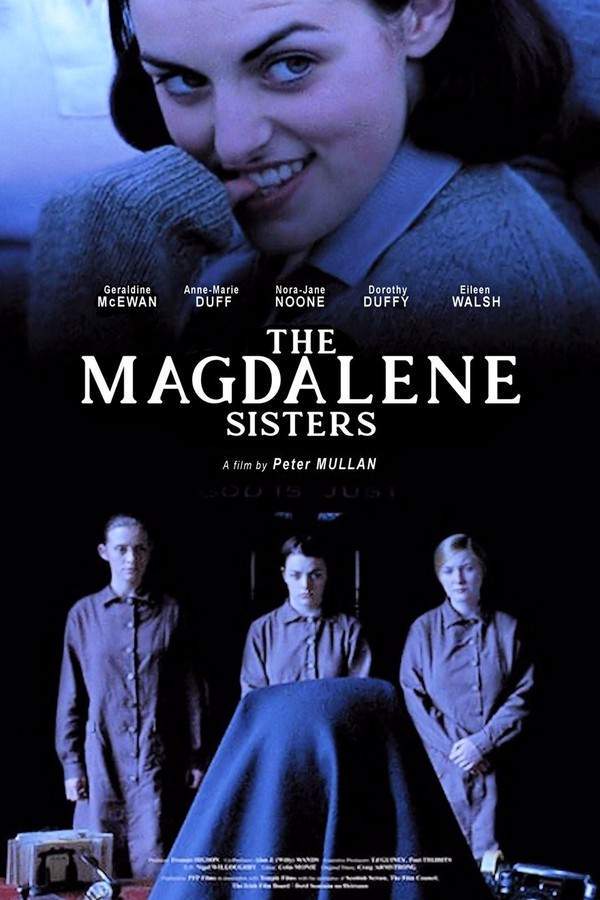
In 1964 Ireland, Rose, Bernadette, and Margaret are confined to a Magdalene asylum, a harsh institution run by the Catholic Church. Rose is pregnant outside of marriage, Bernadette is accused of a moral failing, and Margaret suffers from family trauma. They endure grueling labor and the severe discipline of Sister Bridget while desperately seeking a chance at freedom from the oppressive atmosphere of shame and control that defines their existence.
Does The Magdalene Sisters have end credit scenes?
No!
The Magdalene Sisters does not have end credit scenes. You can leave when the credits roll.
Meet the Full Cast and Actors of The Magdalene Sisters
Explore the complete cast of The Magdalene Sisters, including both lead and supporting actors. Learn who plays each character, discover their past roles and achievements, and find out what makes this ensemble cast stand out in the world of film and television.
External Links and Streaming Options
Discover where to watch The Magdalene Sisters online, including streaming platforms, rental options, and official sources. Compare reviews, ratings, and in-depth movie information across sites like IMDb, TMDb, Wikipedia or Rotten Tomatoes.
Ratings and Reviews for The Magdalene Sisters
See how The Magdalene Sisters is rated across major platforms like IMDb, Metacritic, and TMDb. Compare audience scores and critic reviews to understand where The Magdalene Sisters stands among top-rated movies in its genre.

83
Metascore
7.7
User Score


%
TOMATOMETER

0%
User Score

74
%
User Score
Take the Ultimate The Magdalene Sisters Movie Quiz
Challenge your knowledge of The Magdalene Sisters with this fun and interactive movie quiz. Test yourself on key plot points, iconic characters, hidden details, and memorable moments to see how well you really know the film.
The Magdalene Sisters Quiz: Test your knowledge on the poignant themes and characters of 'The Magdalene Sisters.'
In what year does 'The Magdalene Sisters' take place?
1960
1964
1968
1972
Show hint
Awards & Nominations for The Magdalene Sisters
Discover all the awards and nominations received by The Magdalene Sisters, from Oscars to film festival honors. Learn how The Magdalene Sisters and its cast and crew have been recognized by critics and the industry alike.
19th Independent Spirit Awards 2004
Best Foreign Film
56th British Academy Film Awards 2003

Outstanding British Film
2002 Toronto International Film Festival Awards 2002

Full Plot Summary and Ending Explained for The Magdalene Sisters
Read the complete plot summary of The Magdalene Sisters, including all major events, twists, and the full ending explained in detail. Explore key characters, themes, hidden meanings, and everything you need to understand the story from beginning to end.
In 1964 Ireland, women deemed “fallen” are viewed as needing redemption. The story follows the harrowing experiences of four young women: Margaret, who suffers from the trauma of being raped by her cousin; Bernadette, whose striking beauty and flirtatious nature lead to her family’s shame; Rose, an unmarried mother; and Crispina, an intellectually challenged unmarried mother. These women find themselves forcefully confined to a Magdalene asylum by their families and caretakers.
The film starkly reveals the dismal lives these girls endure as inmates, focusing on their cruel daily routines and deplorable conditions in the laundries. The Mother Superior, a figure of terrifying authority, oversees their punishment with brutal fervor. Sister Bridget, played by Eileen Walsh, presents a façade of gentleness, but her cruelty is indisputable. Her sadistic tendencies manifest in harrowing scenes, such as her merciless beating of Rose (also played by Anne-Marie Duff), visible to Bernadette. In another shocking instance, after Una attempts to escape, Sister Bridget cruelly mocks her by shaving her head while laughing at her despair.
The financial exploitation of the asylum system is evident, with Sister Bridget delighting in the revenue generated for the institution, while the women, likened to Mary Magdalene, endure deprivations that include inadequate meals—Sister Bridget enjoys opulent breakfasts while the inmates are left with meager oatmeal. An especially dehumanizing scene showcases the women forced to stand naked after communal showers as the nuns subject them to a grotesque “contest” based on their physical attributes.
The presence of Father Fitzroy, a corrupt priest, amplifies the tragedy, as he sexually abuses Crispina. As time goes on, modernization creeps in with automatic washing machines, heralding the decline of commercial laundries and the eventual unsustainability of the Magdalene institutions.
Amidst the gloom, three girls exhibit resilience against their circumstances. After Margaret is allowed to leave thanks to her younger brother’s intervention, she defiantly confronts Sister Bridget, only to fall to her knees in prayer when rebuffed. The surprise of the Mother Superior allows her to pass, highlighting her quiet strength. Meanwhile, Bernadette and Rose come together in a bold escape attempt, wrecking Sister Bridget’s office in their quest for freedom. With a mix of suspense and determination, they manage to evade her and receive aid from a compassionate relative. The film concludes on a hopeful note as Rose boards a coach to Liverpool and Bernadette pursues her dream of becoming a hairdresser.
In stark contrast, Crispina’s fate is tragic; voiceless due to the abuse she suffered, she spends her life in a mental institution and ultimately succumbs to anorexia at the tender age of 24. Although the script is fictionalized, it draws inspiration from real-life testimony, as captured in the documentary Sex in a Cold Climate, shedding light on the grueling realities faced by these women.
Uncover the Details: Timeline, Characters, Themes, and Beyond!

Coming soon on iOS and Android
The Plot Explained Mobile App
From blockbusters to hidden gems — dive into movie stories anytime, anywhere. Save your favorites, discover plots faster, and never miss a twist again.
Sign up to be the first to know when we launch. Your email stays private — always.
Watch Trailers, Clips & Behind-the-Scenes for The Magdalene Sisters
Watch official trailers, exclusive clips, cast interviews, and behind-the-scenes footage from The Magdalene Sisters. Dive deeper into the making of the film, its standout moments, and key production insights.
Cars Featured in The Magdalene Sisters
Explore all cars featured in The Magdalene Sisters, including their makes, models, scenes they appear in, and their significance to the plot. A must-read for car enthusiasts and movie buffs alike.
The Magdalene Sisters Themes and Keywords
Discover the central themes, ideas, and keywords that define the movie’s story, tone, and message. Analyze the film’s deeper meanings, genre influences, and recurring concepts.
The Magdalene Sisters Other Names and Titles
Explore the various alternative titles, translations, and other names used for The Magdalene Sisters across different regions and languages. Understand how the film is marketed and recognized worldwide.
Similar Movies To The Magdalene Sisters You Should Know About
Browse a curated list of movies similar in genre, tone, characters, or story structure. Discover new titles like the one you're watching, perfect for fans of related plots, vibes, or cinematic styles.
Quick Links: Summary, Cast, Ratings, More

What's After the Movie?
Not sure whether to stay after the credits? Find out!
Explore Our Movie Platform
New Movie Releases (2025)
Famous Movie Actors
Top Film Production Studios
Movie Plot Summaries & Endings
Major Movie Awards & Winners
Best Concert Films & Music Documentaries
Movie Collections and Curated Lists
© 2025 What's After the Movie. All rights reserved.

















